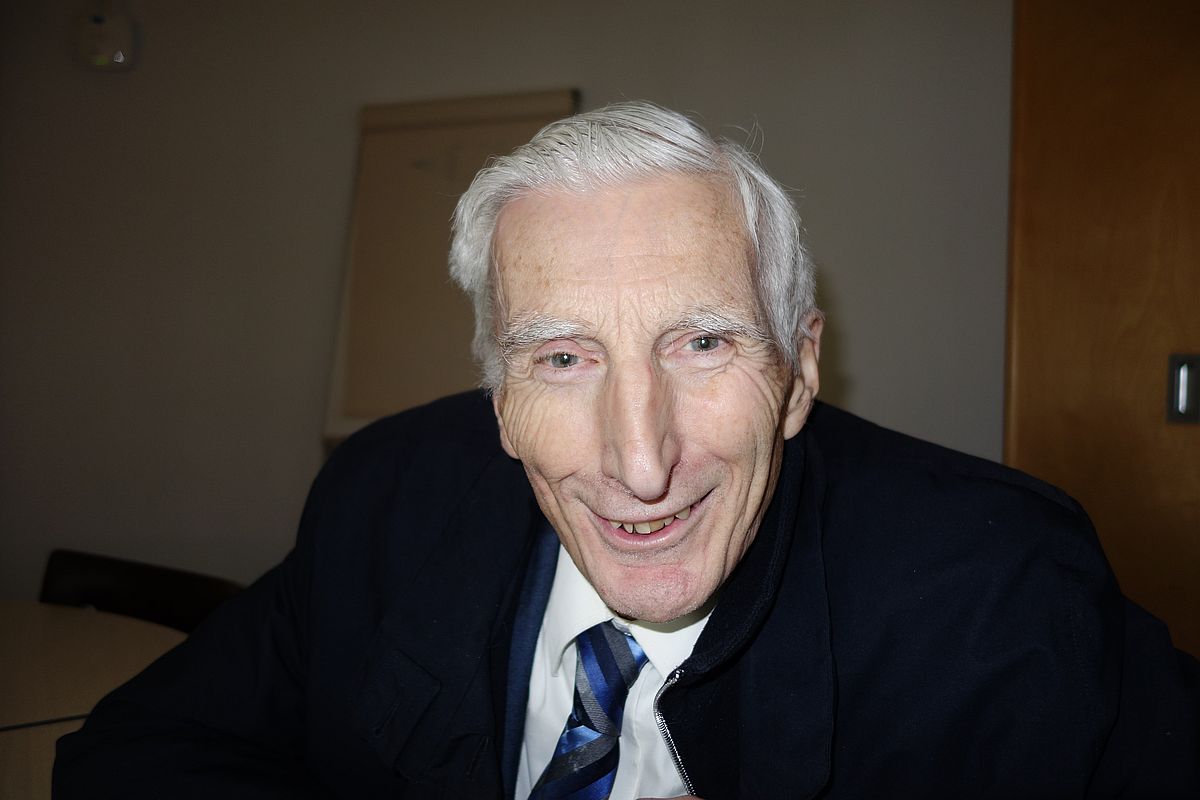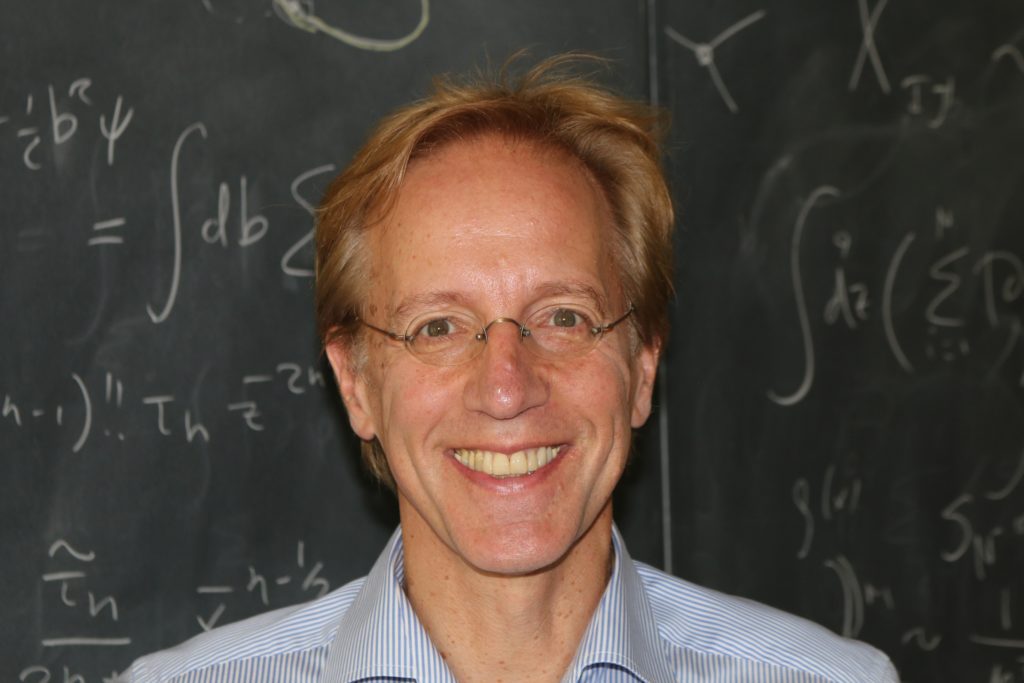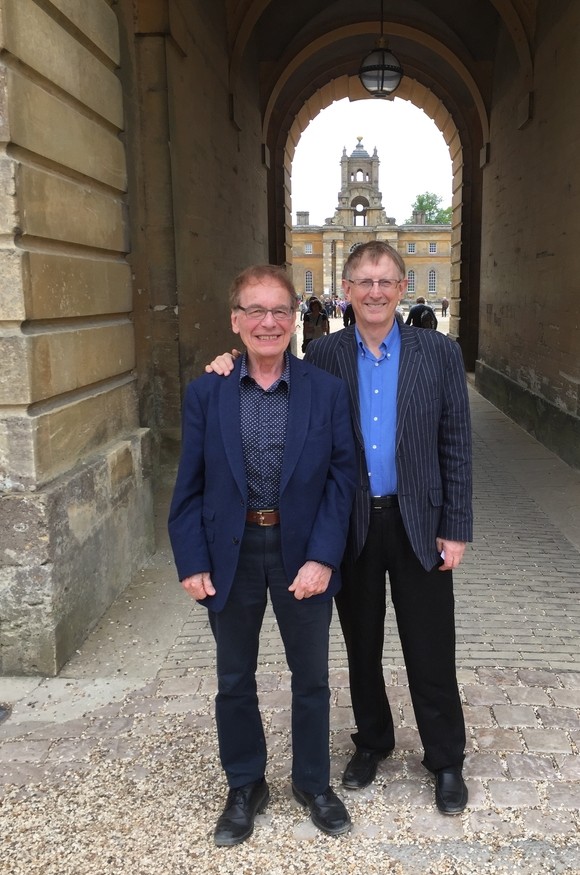


He had no trouble (except in persuading his father to put up the money) getting into Cambridge in 1923, having already taught himself relativity. engaged only by mathematics, physics and engineering.” He grew up unhappy at home and single-mindedly brilliant in the classroom, “a cold-hearted solipsist,” Farmelo writes, “. In later life, to a few close acquaintances, Dirac attributed his glum taciturnity to this chilly paternal regime. Though Dirac was born and raised in Bristol, U.K., his family’s roots were Swiss, and his father, an autocrat of the dinner table, insisted that Paul and his siblings address him in perfect French. To most interlocutors, scientific and otherwise (if numerous anecdotes are to be believed), he would customarily reply either “Yes,” “No” or “I don’t know.” Nevertheless, Graham Farmelo has managed to haul Dirac onstage in an affectionate and meticulously researched book that illuminates both his era and his science.

He was hard to know and uninterested in being known. Paul Adrien Maurice Dirac (1902-84) was a pioneer of quantum theory in the 1920s and 1930s and fully as obscure and bizarre as that revolution in physics. It’s hard to imagine a more formidable subject for a biographer.


 0 kommentar(er)
0 kommentar(er)
